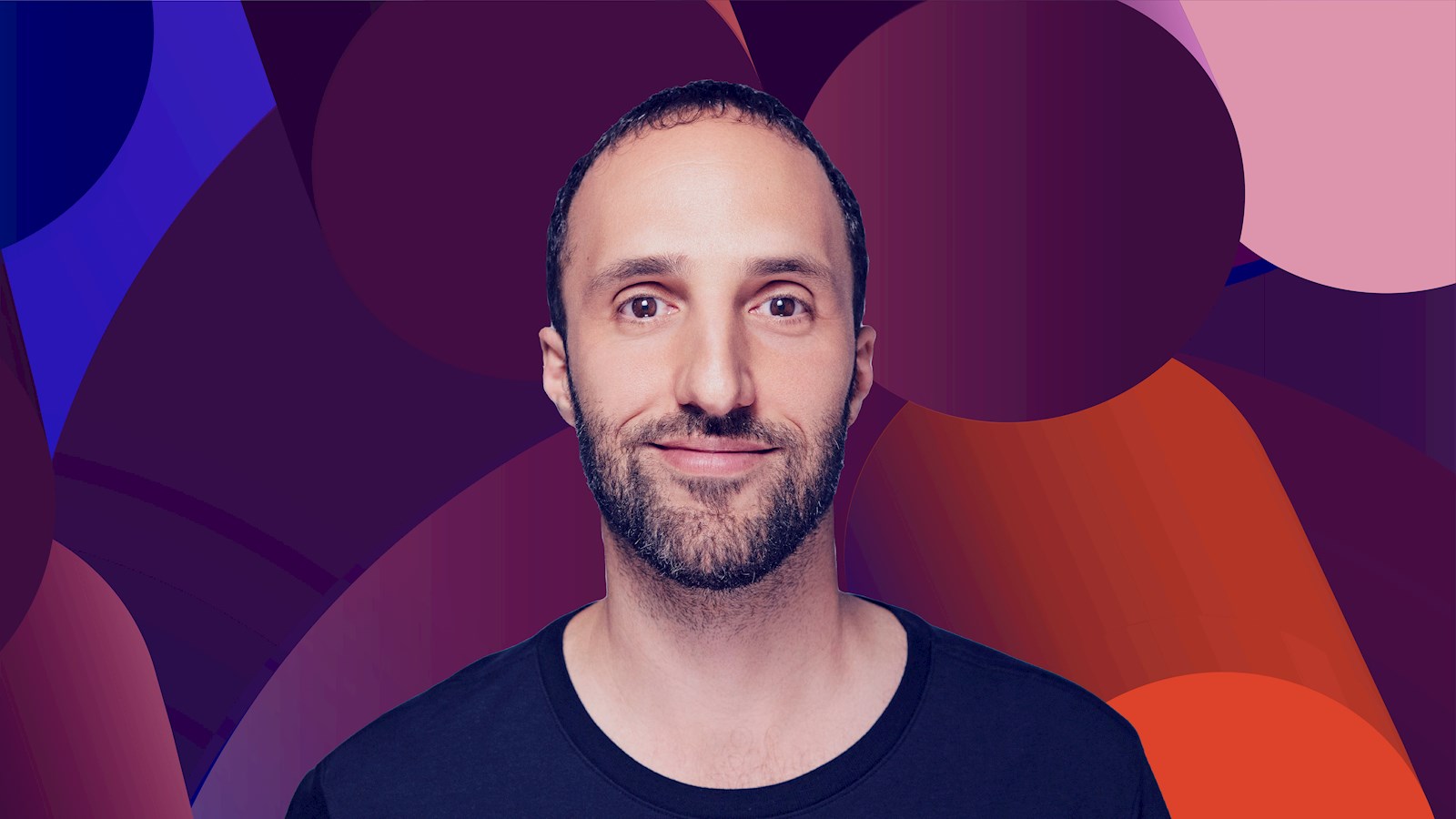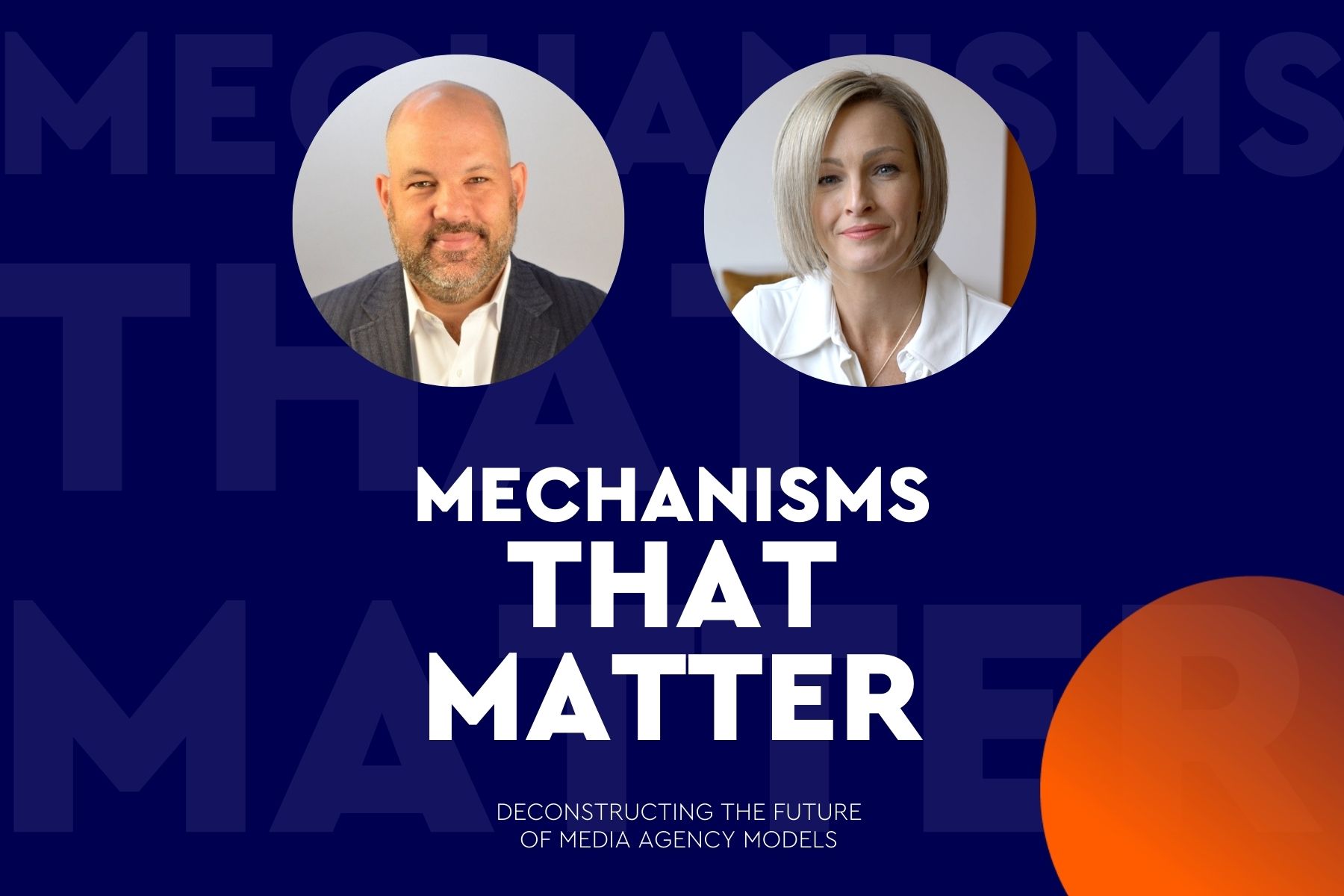
Allyship – vital in the quest for racial equity
Pedro Reiss, of WPP’s Wunderman Thompson in Brazil, says that allyship has been a valuable tool when bringing about transformational change in the workplace
“I learned not so long ago that the word ‘privilege’ comes from the Latin for private law,” says Reiss. “That made me understand privilege in a completely different way.”
Being a CEO is a privilege – and this is not lost on Reiss. He uses his position to promote allyship as a means of building relationships between Black and white cohorts, and bringing about the rapid change needed to deliver racial equity to a business located in a country where slavery is part of its cultural heritage.
In tandem with this relationship-building strategy – and very much an enabler – has been Wunderman Thompson’s access to WPP’s Racial Equity Programme, launched alongside its anti-racism commitments in June 2020.
However vital access to the Racial Equity Programme has been as a means of super-charging the company’s efforts to bring about equity, it was not actually the first step towards changing business culture at Wunderman Thompson’s Brazilian operation. It all started for Reiss some years earlier. But WPP’s support has contributed pace, scope and vitality to a programme that was on a path to delivering change.
Let’s look back at the history
In 2018, Wunderman Thompson in Brazil was already working towards a more equitable workplace, but not in a particularly structured way.
“The leadership at that time created a programme called 20/20. It was 2017 and, at that point, the agency was basically 100% white. And the goal of the programme was to have 20% of positions occupied by Black professionals by the end of 2020. So, the agency worked with a consulting company and other partners to drive that change,” says Reiss.
When Reiss inherited the 20/20 programme, when he became CEO of Wunderman Thompson in 2019, he was asked what his intentions for the programme were and he responded: “Make it bigger.”
By the end of 2020, the target was reached but the job was not done. “We need to do much more,” says Reiss. “As the next step, we decided to keep the programme name, 20/20, but repurpose it.” And it was a great name. Perfect vision is needed if equity is to be achieved. “Our goal is for our work population to mirror – in an undistorted way – Brazilian society,” he says.
Enter WPP’s Racial Equity Programme
“We already had a lot going on with the 20/20 programme. It was well structured. We had support groups and external consultants, but we lacked the resources to do everything we wanted to do,” says Reiss. “One of the big challenges was how to accelerate access to leadership roles. So, in 2020, we decided to aim for 56% of the agency’s roles being performed by Black professionals, and 30% of the agency’s leadership roles being performed by Black leaders. That’s when we joined WPP’s Racial Equity Programme.”
Addressing racial inequity in leadership was harder than expected. “We knew we had to help accelerate the rate at which the people inside our structure could rise to leadership roles, so we created this project, which was called the ‘Black Leaders Acceleration Programme’,” says Reiss. “It is a year-long programme – comprising mentoring, psychological support, English tutoring – that helps potential Black leaders accelerate towards leadership positions.”
The Racial Equity Programme enabled Wunderman Thompson in Brazil to spin out the leadership programme. This was a huge enabler in achieving 20/20 goals and overcoming barriers to changing the population of the agency.
Further, there was a lot of work with white leaders to communicate change, build support and create an environment in which allyship could flourish and goals could be met. “Allyship was a word that worked for me. It helped when working with white leadership in the process of transforming the racial inequality position we were in,” says Reiss. “Once you get into a leadership position, your responsibility is to try to make leadership roles accessible. So, allyship for me is about trying to make the privilege of being a CEO as universal as I can.”
Lastly, but importantly, recruitment processes were aligned with the programme.
What is the status quo?
“We are progressing. Right now, 30% of the overall workforce is Black and 15% are in leadership positions. We still have a couple of years to get there, and we are working hard,” he says. “But it is not just about targets. We will be a much better organisation wherever we land.”
He says transparency, accountability and measurement are vital. “So, we publicly release our data every year. And it is very granular data, not only about our population, but also about how we distribute opportunities. Not every indicator is good, but we keep publishing the numbers because it keeps us pushing forward,” he says.
None of this is easy. Getting white people to be aware of the reality of racism has been the biggest hurdle, and the fear of appearing racist has prevented a wide understanding of the problem and why it is important to fix it. “But we wouldn't be where we are today without investment from WPP,” acknowledges Reiss.
published on
23 May 2023
Category
More in Communications

Mechanisms that Matter – What it takes to lead an agency team for the world’s biggest brands
Top of the list: A ‘rabid curiosity’ about the new and an understanding of every role in the mix

Rebranding cancer: how brands heal and hurt
Along with consumer brands, the ‘brand’ of condition or event influences us.

Mechanisms that Matter – Inside WPP | Ford’s revolutionary marketing model
How a process created on the factory floor over 70 years ago has transformed ops for the auto giant

